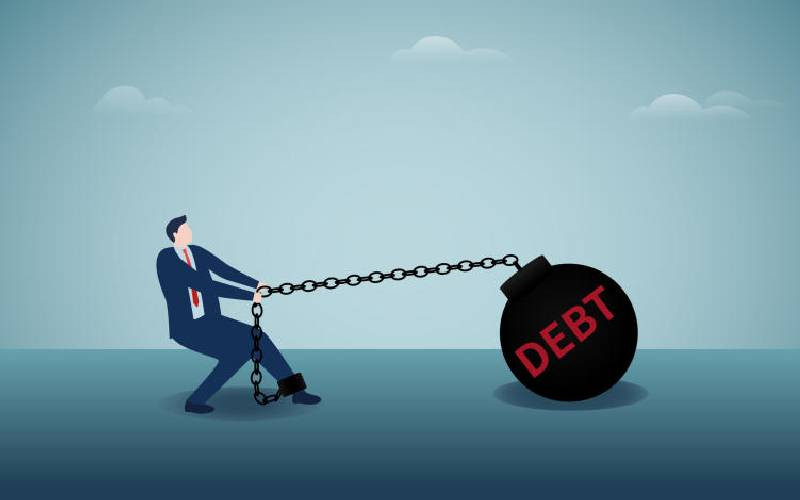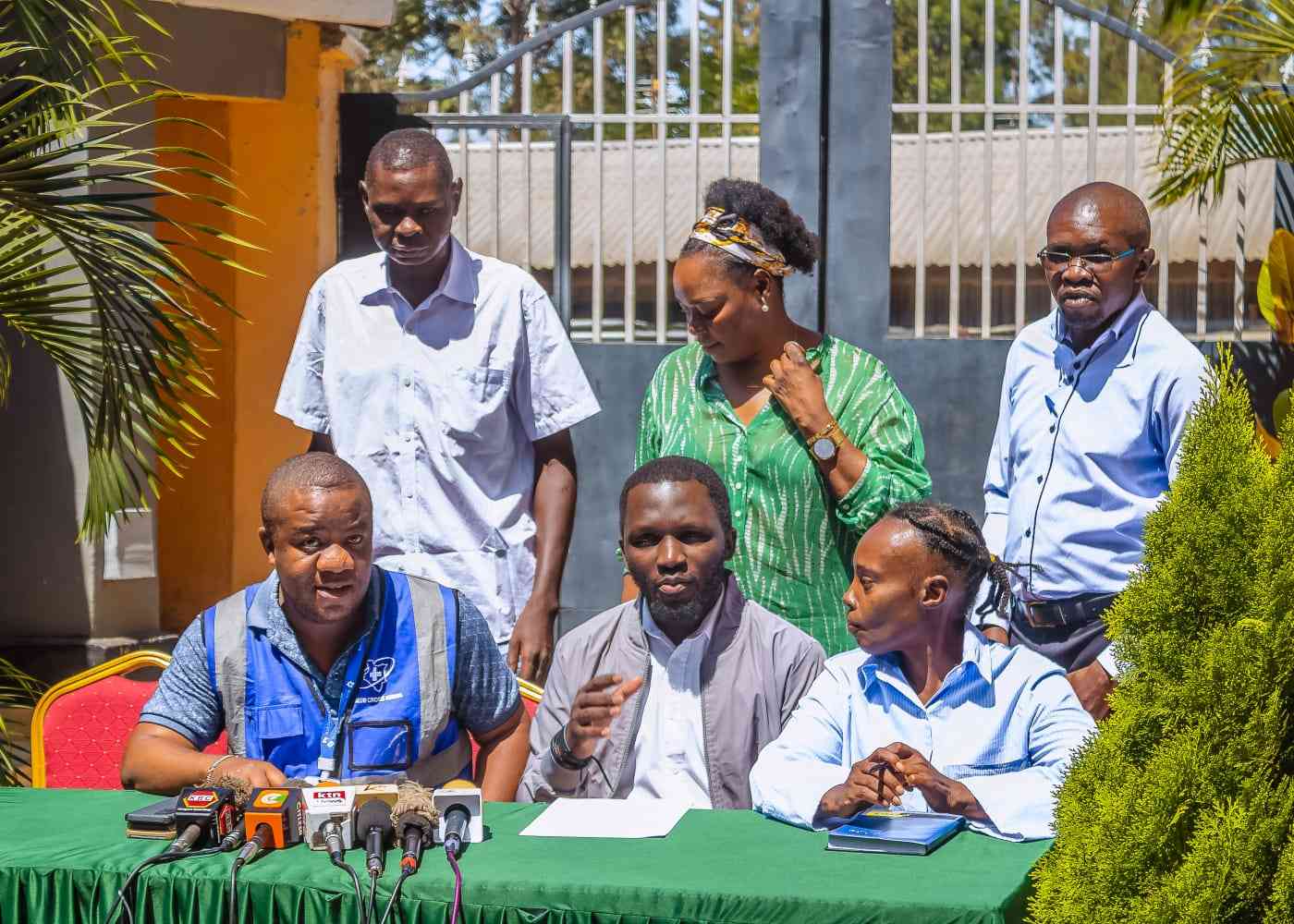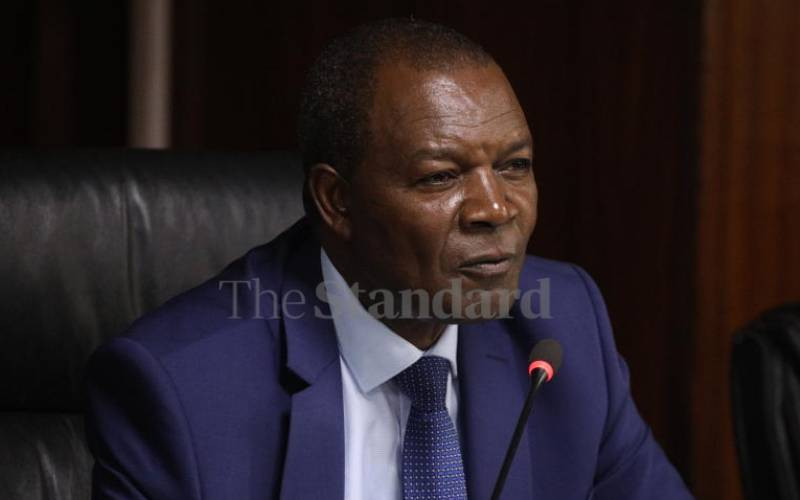By Ally Jamah
Kenya’s spiraling Sh1.3 trillion national debt owed to internal and external creditors has set off major concern that the country may be over-borrowing and over burdening its citizens with excessive loans.
Civil society campaigners have raised the red flag saying that the country’s leaders were irresponsibly borrowing billions of shillings every year, leaving Kenyans with the heavy burden of repayment — through high taxation.
"Currently each Kenyan, child or adult, owes over Sh30,000 to local and foreign creditors, and that figures is rising fast. We need to put a stop to this culture of irresponsible borrowing to save the country from more debt," Julius Okara from the Kenya Debt Relief Network (Kendren) said.
Data from the Debt Management Department of the Ministry of Finance shows that Sh618.6 billion is owed to external creditors, and Sh659.3 billion has been borrowed from the domestic market. In an interview with The Standard, Okara pointed out that Kenya spends approximately Sh80 billion every year repaying debts, a figure that was bleeding the country dry, since it was far larger than the budget of many ministries.
Critical programmes
"That is a lot of money leaving the country, which could have been used in critical programmes like health, education and creating jobs for thousands of youths who have few economic opportunities to advance themselves," he said. He termed the public debt as a national crisis that needs urgent attention, adding that the country needs a proper public debt management policy to shield Kenyans from the looming debt trap.
Maurice Odhiambo from the National Civil Societies Congress called on the Government to disclose the breakdown of national debt, listing creditors, amounts and projects.
"We also demand for a complete stop to any kind of loan commitments to lenders from the government, except where a deserving case has been openly debated and endorsed by Parliament," he said
Odhiambo warned that the current debt and future commitments to repayment may have grave implications on revenue allocation to the county governments, and weaken the aims of devolution.
Tony Orochi of Kendren said 90 per cent of Kenya’s debt is considered "odious" since it was contracted without consent of Kenyans, and lost to corrupt government officials.
"We want the Finance Ministry to open the debt register to a thorough forensic audit to see which debts are genuine, and which ones ended in the pockets of a few people," he said.
He lamented that the Ministry of Finance currently has executive authority to enter into debt agreement, and called for more stakeholder involvement.
"We want a situation where a debate agreement can first be discussed by Kenyans and their representatives in Parliament, before it can be approved or rejected. This will enable sound debt management," he said.
According to a recent Kendren, many non-performing external loans appear to have been largely generated by parastatals, which fail to repay, leaving the taxpayer with all the burdens.
Stay informed. Subscribe to our newsletter
Benjamin Ndolo of the Organisation for National Empowerment of Kenya suggested that Kenyans should organise an effective mechanism to lobby creditors to waive the large debts.
 The Standard Group Plc is a
multi-media organization with investments in media platforms spanning newspaper
print operations, television, radio broadcasting, digital and online services. The
Standard Group is recognized as a leading multi-media house in Kenya with a key
influence in matters of national and international interest.
The Standard Group Plc is a
multi-media organization with investments in media platforms spanning newspaper
print operations, television, radio broadcasting, digital and online services. The
Standard Group is recognized as a leading multi-media house in Kenya with a key
influence in matters of national and international interest.
 The Standard Group Plc is a
multi-media organization with investments in media platforms spanning newspaper
print operations, television, radio broadcasting, digital and online services. The
Standard Group is recognized as a leading multi-media house in Kenya with a key
influence in matters of national and international interest.
The Standard Group Plc is a
multi-media organization with investments in media platforms spanning newspaper
print operations, television, radio broadcasting, digital and online services. The
Standard Group is recognized as a leading multi-media house in Kenya with a key
influence in matters of national and international interest.









